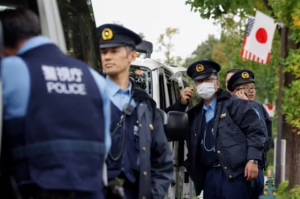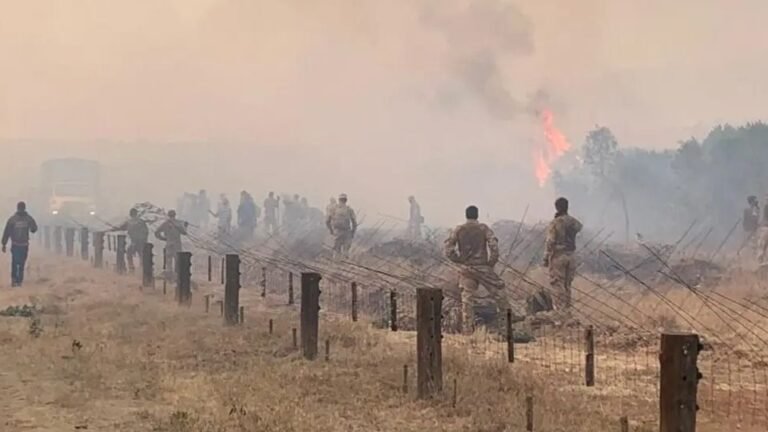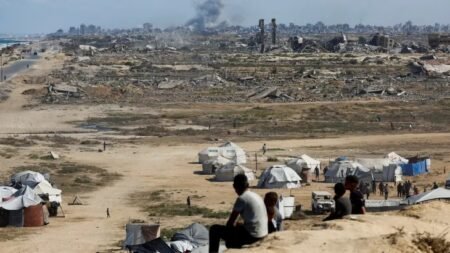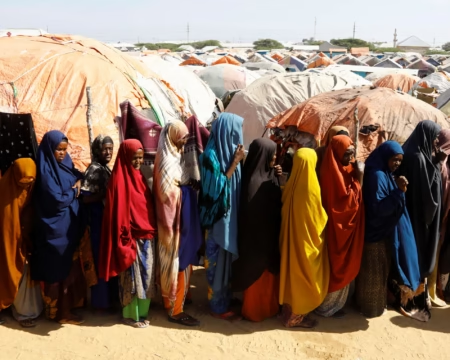The UK government has agreed to pay compensation to thousands of Kenyans following a devastating fire linked to a British Army training exercise in 2021. The settlement, reached out of court after a long legal battle, brings partial closure to a case that has drawn attention both in Kenya and internationally. In total, 7,723 claimants said they had suffered losses when flames swept through the Lolldaiga conservancy in Kenya’s Rift Valley. They argued that property was destroyed, livelihoods disrupted, and health conditions worsened due to smoke inhalation from the fire.
A spokesperson for the British High Commission in Nairobi confirmed that the UK accepted responsibility for the blaze and had made compensation payments, calling the decision “the right thing to do.” Although the Ministry of Defence has not disclosed the official payout, the lawyer representing the claimants said the amount totalled £2.9 million. He described the agreement as a fair outcome under difficult circumstances, noting that prolonging the case in court could have meant another seven years of litigation.
The fire, which was believed to have started when a camp stove was accidentally knocked over during training, destroyed roughly 7,000 acres of private land within the conservancy. While no community-owned land was directly burned, residents said smoke drifted into surrounding villages, affecting health and damaging property. Some also argued that wild animals fleeing the flames trampled crops and homes. At the time, the UK Ministry of Defence acknowledged the scale of the damage and pledged to help restore the burnt areas. Since then, British forces have continued to conduct exercises in the conservancy.
The case was not without challenges. Lawyer Kevin Kubai, who represented the claimants, admitted that many of his clients lacked medical records to back up their health claims, partly because rural households are often exposed to smoke from cooking fires regardless of the blaze. Still, he said the settlement was the most practical resolution, as much of the evidence that could have supported individual cases had already been lost over the four years since the incident.
The Lolldaiga conservancy itself is a vast area of about 49,000 acres of hilly bushland set against the dramatic backdrop of Mount Kenya. It lies within the Laikipia plateau, a region where colonial-era land seizures have left a lasting legacy of disputes between local communities and large landowners. The area remains both ecologically important and politically sensitive. Its proximity to the British Army Training Unit Kenya, known as Batuk, highlights its strategic importance for UK defence operations.
Batuk, which uses Lolldaiga and other sites for large-scale training exercises, is a major contributor to the Kenyan economy, injecting tens of millions of pounds annually. A £70 million investment in the nearby Nyati Barracks underscores the scale of Britain’s military presence. Thousands of British troops rotate through the facility each year to prepare for combat in harsh environments. Yet this presence has long been accompanied by controversy. Beyond environmental damage, allegations of misconduct involving British soldiers—including fatal hit-and-runs, murder, and exploitation of Kenyan women—have attracted headlines and strained relations.
The fire and subsequent compensation highlight the complex legacy of Britain’s role in Kenya. While the payout will provide some relief to families who lost property and livelihoods, many argue it falls far short of true justice. For some claimants, the sums are too small to offset the destruction, and for others, it does little to heal the wider grievances tied to land rights, military behaviour, and colonial history. The British High Commission insists the settlement was based on a rigorous assessment of claims and remains confident it was both generous and fair.
The Lolldaiga fire has thus become more than just an isolated accident. It reflects broader questions about responsibility, accountability, and the long shadow of Britain’s presence in Kenya. While compensation has now been paid, the incident has reignited debates about how much the UK should do to address the social, environmental, and historical issues linked to its ongoing military activities in the region.







